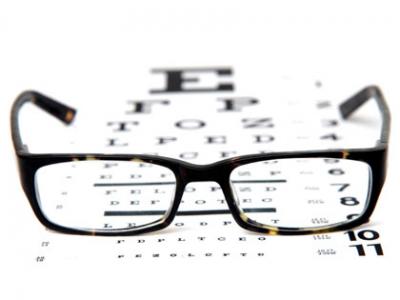
There are 17 visual skills needed for near work (reading, writing, homework, studying). If your child’s vision exam does not evaluate all of these skills, the exam is inadequate as a school assessment.
The vision skills necessary for near work are:
- Central Vision (Visual Acuity)
- Peripheral Vision
- Depth Awareness
- Color Perception
- Gross Visual-Motor
- Fine Visual-Motor
- Visual Perception
- Visual Integration
- Eye Movement Control
- Simultaneous Focus at Far
- Sustaining Focus at Far
- Simultaneous Focus at Near
- Sustaining Focus at Near
- Simultaneous Alignment at Far
- Sustaining Alignment at Far
- Simultaneous Alignment at Near
- Sustaining Alignment at Near
As a parent, it is likely you do not know what most of these skills are or how they affect your child’s ability to learn. That’s why we’re here to help you. We have many years of training to evaluate these skills in your child as well as treat any deficiencies discovered.
Your child can still have vision problems if:
- He makes straight A’s
- Has 20/20 vision
- Is diagnosed or suggested to have ADHD
You may recognize some of the following circumstances and symptoms in your child. If not, it is possible your child has hidden them from you or grown so used to them that he compensates unknowingly. It is important to discuss these with your child, however, as they often indicate vision problems that can affect learning:
- Fatigue, headaches, blurry or itchy eyes when reading or studying
- Poor comprehension and/or memory, forgetful
- Short attention span, fidgety
- Loses place while reading, complains of blurry or moving words
- Clumsy, poor hand-eye coordination
- Sloppy handwriting, reverses letters
- Poor at spelling or math
- Dislikes school, avoids reading, takes a long time with homework
- Smart but learns better orally than visually
For more symptoms, click here.
There are many vision problems which can cause these symptoms. In fact, 1 in 4 children have a vision problem which affects their ability to learn. Misaligned eyes, lazy eye, convergence insufficiency, and trouble focusing or tracking words are just a few of the common visual problems that often go undiagnosed for an entire lifetime.
While parents feel compelled to make the financial and emotional commitment for a child who needs braces, sadly many do not seek the proper vision care for their children, which is just as important. Instead, some children are allowed to grow up:
- Thinking they “just aren’t smart enough”
- Accepting average or poor grades as okay
- Often suffering uncomfortable undiagnosed vision symptoms many years
- Acting out due to low self-esteem blamed on personality or other factors
- Some are dosed with amphetamines to increase attention for better performance, while unhealthy side effects are ignored
For us, this behavior and way of thinking is unacceptable and unnecessary. We are willing and available to help your child make the most of his time in school – to learn as much as possible and create the best opportunities for his future.
If your child has never had a vision examination with a behavioral optometrist that covers all areas of vision, please bring him to us. If we discover a vision problem impeding the learning process, we have many successful avenues to treat your child, including vision therapy and colored light therapy. We will develop an individualized program just for your child that can improve vision and make learning more natural and easier, and perhaps even fun!
Please contact us today for more information or to schedule an appointment. I urge you not to let another school year pass without getting your child a complete vision evaluation. Your child is worth it. The quality of his future may depend on it.